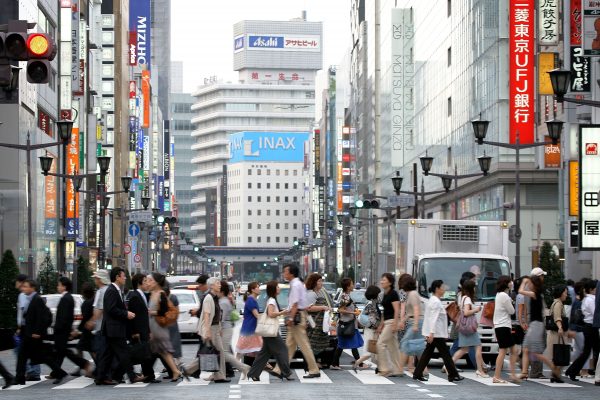CHIANG RAI, 15 January 2019: Travel taxation is never far away from the thoughts of legislators looking for ways to balance the books, or more recently to act as a brake to control tourist flow.
2019 quickly set the pace with Japan introducing its Sayonara tax, 7 January, on all travellers leaving the country.
Set at USD12.20 (1,000 yen) the “Sayonara” or “departure tax must be paid by both Japanese and foreigners and added automatically to fares for air travel or cruises.

Tax revenue estimated at 43 billion yen a year has been pledged to boost Japan’s tourism infrastructure, promote travel destinations in rural Japan and fund global tourism campaigns.
Far from needing more promotions Venice started the year by notifying tourists they will have to pay a tax to enter the city possibly to slow down tourism growth in a city that suffers from “overtourism.”
The city council is tasked with setting the exact fee, which has not yet been approved, although tourists already pay a stay tax on top of their hotel or accommodation bills.
The city’s mayor said the tax would be used to “allow us to manage the city better and to keep it clean”.
Overtourism describes blight rather than blessing. It has encouraged governments to introduce taxes just to cool down the tourism economy, or pay for the high cost of rehabilitation and conservation.
It looks like 2019 will be a year when more taxes are introduced for various reasons, either to fund tourism expansion, or to tackle overcrowding.
Cities and provinces can add their own taxes and this trend is likely to continue mainly to cover the cost of dealing with waste and congestion that results when millions of tourists descend on a destination.
International associations and trade bodies, such as WTTC in tourism and IATA in aviation, constantly warn governments to refrain from adding more taxes on tourism and travel. It stymies growth by adding cost layers that might be individually small, but when the sum total is taken into account they make travel and destinations less competitive.
But the cost of cleaning up the environment grows by the day and the world is running out of time to slow carbon emissions.
Reducing greenhouse gases and dealing with the mountain of garbage that tourism generates will require funding and that invariably will incur more tourist taxes.
In addition to Japan, departure taxes are in place in the US, Australia and South Korea; mainly focused on airline travellers. They are justified as measures to fund the cost of managing tourism, immigration checkpoints and security.
Closer to home, Indonesia’s premier beach and cultural destination Bali Island has reopened the debate on the introduction of a USD10 departure, or travel tax to fund efforts to conserve the environment and manage growth.
Boracay Island in the Philippines and Phi Phi Island in South Thailand are both victims of overtourism and to combat, or rectify the damage caused to the environment, the restoration cost will be passed on to visitors. In the end, cultural and nature-related destinations will have to cap daily visits and introduce fees to fund restoration.
The debate will continue but no doubt there will be more travel taxes joining the pipeline as 2019 progresses.






